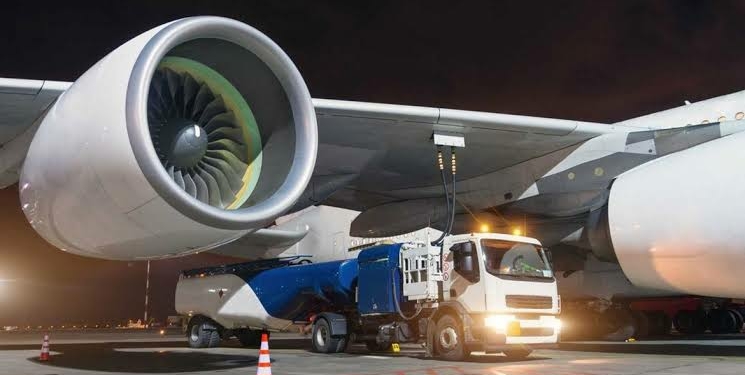- The Airline Operators of Nigeria (AON) raise concerns about aviation fuel prices surpassing N1,300 and aircraft maintenance challenges
- AON warns of a potential shortage of operational aircraft for domestic services if the current trend of high operational costs continues
The Airline Operators of Nigeria (AON) sounded the alarm on Friday regarding the soaring cost of operation, particularly as aviation fuel prices have surged past N1,300.
Despite the recent improvement in the naira-to-dollar exchange rate, which now stands at over N1,400 to a dollar, airlines are grappling with the challenge of affording scheduled maintenance for their aircraft.
The operators expressed grave concerns over the existential threat posed by this situation, noting that aircraft awaiting maintenance have been grounded due to the scarcity of foreign exchange, making it impossible to ferry them overseas.
They warned that if this trend persists, the country could face a shortage of operational aircraft for domestic services.
Professor Obiora Okonkwo, the Airline Operators of Nigeria (AON) spokesman and Chairman of United Nigeria Airlines, emphasized the urgent need for government intervention. He warned that many airlines could face closure without such intervention, leaving the government to handle their demise.
The airlines lamented the lack of stability in foreign exchange rates and the exorbitant price of aviation fuel, which has now reached N1,300 per litre. These factors have disrupted their ability to plan effectively, creating uncertainty and instability in their operations.
Professor Okonkwo highlighted the significant losses incurred by airlines, particularly on tickets purchased in 2023 when fuel prices were lower, and the exchange rate was more favourable. Passengers are now being airlifted at significantly higher costs, resulting in substantial financial losses for airlines.
He underscored the broader economic implications, noting that shrinking passenger traffic and reduced flight ticket spending further exacerbate the financial strain on airlines. Social events like weddings and burials, which typically drive air travel demand, also see reduced attendance due to financial constraints.
Okonkwo emphasized the vital role of air travel in economic development and called for government engagement with airlines to address the challenges they face. He highlighted the reluctance of aircraft owners to invest in Nigerian airlines due to perceived country risks, further complicating the situation.
He urged for urgent action to prevent further deterioration in the aviation sector, emphasizing the critical need for stable policies and support mechanisms to sustain the industry.










Discussion about this post